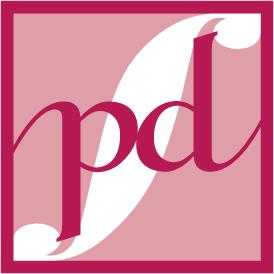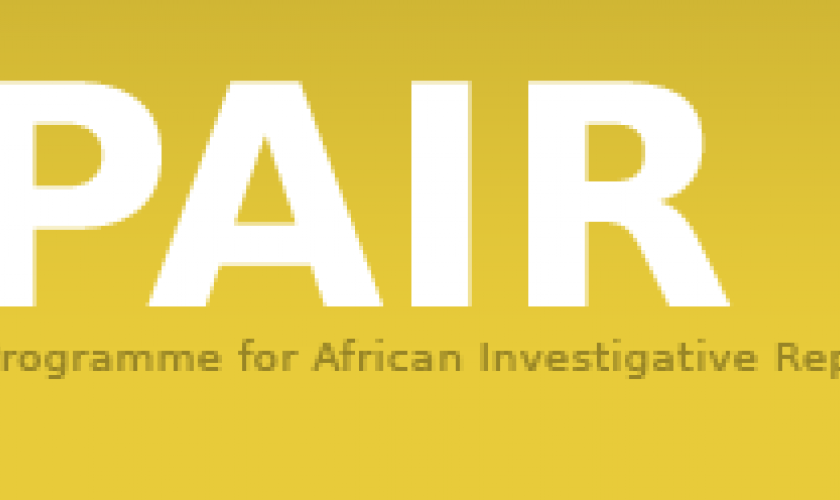ZELLIK - The deadline for grants of the Pascal Decroos Fund is Tuesday, April 26, 2011 at 12am lunchtime. All forms of journalism for audiovisual and written media are eligible: documentaries, series, books, ...
ZELLIK - The deadline for grants of the Pascal Decroos Fund is Tuesday, April 26, 2011 at 12am lunchtime. All forms of journalism for audiovisual and written media are eligible: documentaries, series, books, ...
The objective of the grants is to enable journalists to execute journalistic projects of special nature and quality, in other words projects that could not be realised within the remit of regular journalism.
The aid takes the form of grants to individual journalists. They must demonstrate that their project is unusually high costly or from a time-consuming nature that the normal support of editors or publishers is not sufficient for the project. The projects must exceed regular reporting, daily journalism or correspondence. The subject or theme must be special or have a different approach or perspective.






